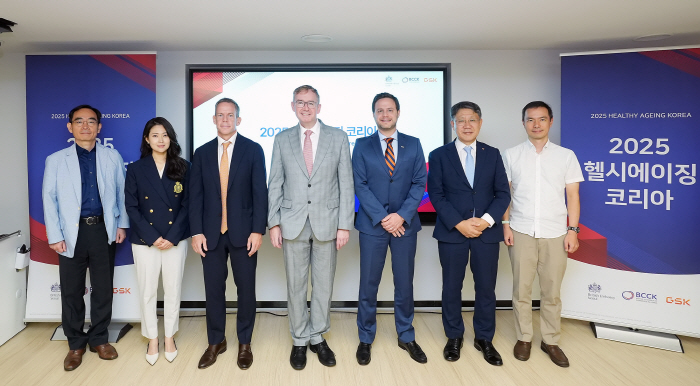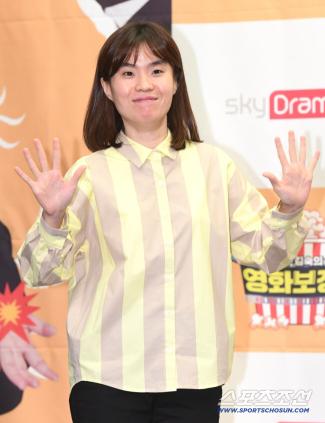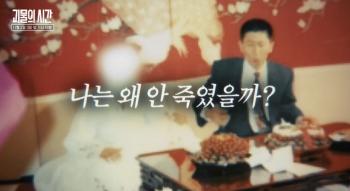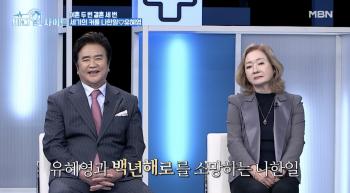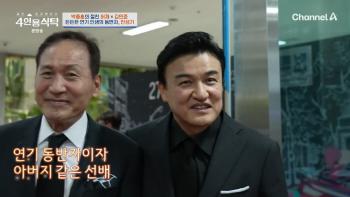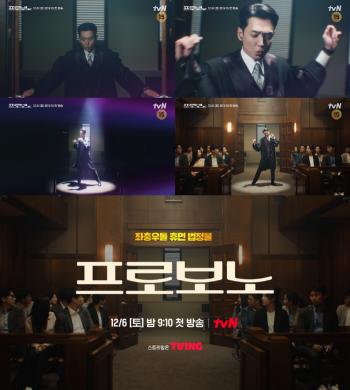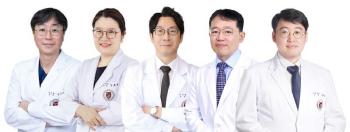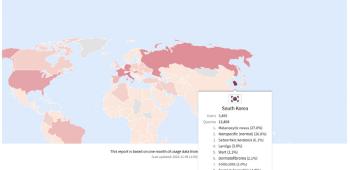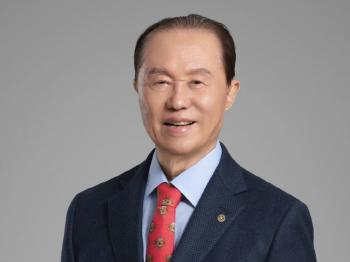What is the meaning of adult vaccination in super-aged society?...The British Embassy in Korea, the British Chamber of Commerce in Korea, and the Korea GSK co-host the 2025 Health-Aging Korea Forum
Aug 12, 2025
|
The forum, co-hosted by the British Embassy in Korea, the British Chamber of Commerce in Korea, and GSK Korea, brought together major stakeholders from academia, the government, and public organizations under the theme of 「Adult vaccination, future strategy for a healthy super-aged society」.
In the first presentation session, Kim Kwang-il, a professor of geriatric medicine at Bundang Seoul National University Hospital, emphasized the need to introduce a life-cycle vaccination program as a medical policy to prevent infection and extend healthy life in an aging society under the theme of 「Adult vaccination」. Professor Kim pointed out that `Although the consumption of medical resources and social burdens continue to increase in the elderly population in Korea, for adults with many chronic diseases vulnerable to infectious diseases, there are not many vaccines under the national essential vaccination program.'," he stressed.
Lee Han-gil, a professor at Ewha Womans University's College of Pharmacy, presented the theme of 「The Value of Adult Vaccination for Responding to a Super-Aged Society」. It analyzed the socio-economic effects of adult vaccination and highlighted adult vaccination as an essential health policy to prepare for the aging era. Major foreign countries provide public financial support for adult vaccination by including it in the National Vaccination Project (NIP). In fact, the UK has been providing free shingles vaccination for the elderly, and Japan has been supporting shingles vaccines in the form of a mixed financial structure since April this year. However, domestic adult vaccinations are being operated through small vaccination support projects using the own budgets of some local governments, causing equity problems between regions. Beyond protecting individuals from infectious diseases, adult vaccination can create economic effects in various ways by contributing to improving public health and reducing the socio-economic burden at the national level. Professor Lee explained "In Korea, the characteristics of public goods and social benefits are not sufficiently reflected from the viewpoint of adult vaccination vaccines responding to an aging society."
In this forum, the results of a cost-benefit analysis of adult vaccination in Korea were disclosed for the shingles vaccine and the RSV (respiratory syncytial virus) vaccine. As a result of the analysis, the socioeconomic benefit (ROI) of the shingles vaccine compared to the input cost was about 1.52 for those aged 50 or older in Korea, and the RSV vaccine had a socioeconomic benefit of 1.65 for those aged 60 or older. Professor Lee said "If the socioeconomic benefit exceeds 1, it is considered that the social benefit is greater than the cost put in. This analysis proves that adult vaccination is a public investment that goes beyond disease prevention and brings long-term socio-economic benefits.'
Professor Kim Kwang-il and Professor Lee Han-gil, along with Song Jae-chan, Secretary-General of the Korea Senior Citizens Association, and Lee Hyung-min, Director of the Korea Centers for Disease Control and Prevention's Vaccination Policy Division, participated in the panel discussion on the future direction of the government's institutional support that reflects the demand and expectations of the elderly site.
Secretary-General Song Jae-chan said, "Prevention is more important than anything else even though the elderly are vulnerable to infectious diseases and recovery in daily life is slow, but many elderly people are hesitating to get vaccinated due to lack of information and cost burden even though they know the importance of vaccination. Vaccination for the elderly is not just welfare, but a public investment that can simultaneously reduce medical expenses and improve health equity in the mid to long term, and it is time for the government to actively design the system."
British Ambassador to Korea Colin Crooks said, `While the elderly population is growing worldwide, Korea is aging at a particularly rapid paceAgainst this backdrop, this forum is a meaningful place for academics, the government, and the elderly to discuss the need to protect the health rights of the elderly and prevent them, and it is expected to be an opportunity to remind society as a whole of the importance of prevention-oriented public health," he said.
This article was translated by Naver AI translator.
